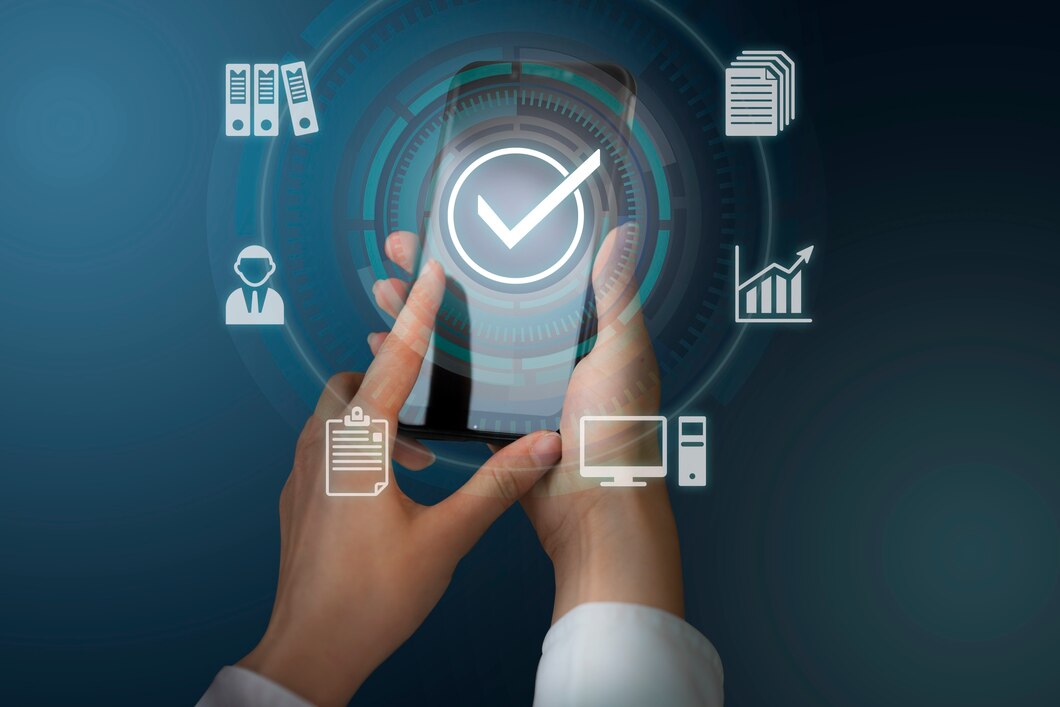Who creates smart contracts? Who uses smart contracts?
The smart contract was first introduced in 1996 by Nick Szabo, a computer and cryptographer. After several years, he worked on this concept again and published many articles. In these articles, he explained the concept of creating legal contracts for business activities through the design of electronic protocols between strangers on the Internet.

However, these contracts were not used until 2009. In 2009, with the advent of the digital currency Bitcoin, along with its blockchain (which eventually provided the environment for smart contracts), the use of smart contracts began. It is interesting to note that in 1998, Nick Sabo designed a mechanism for a decentralized digital currency called BitGold.
This mechanism was never used, but it had many of the features that Bitcoin has been proud of for about 10 years.
These days, smart contracts are mainly used by digital currencies. Decentralized virtual currency protocols are essentially smart contracts with decentralized coding and security. These contracts are widely used in existing cryptocurrency networks and are one of Atrium’s most prominent features.
Examples of smart contract applications
Although the position of governments, budget legislators, and banks around the world on cryptocurrencies is very cautious, the technology they use (blockchain and smart contracts) is widely accepted as a revolutionary technology and at all levels Is employed.
Recently, for example, DTCC and four major US banks (Merrill Lynch, Citi, Credit Suisse, and JP Morgan) successfully traded Axoni-made credit swaps on the Chinese blockchain using smart contracts.
The smart contract used includes information such as personal business information and partner risk metrics, which, according to an official news release, offers a new level of transparency to partners and legislators.
Similar things are happening elsewhere:
This month, a consortium of 61 Japanese and South Korean banks is testing the Ripple China blockchain and smart contracts to allow money to be transferred across the border.
This new system will be unveiled by 2018. Even Sberbank, a Russian-controlled state-owned bank in a country that was openly opposed to cryptocurrencies, has been scrutinized by Atrium Blockchain and its smart contracts.
The investigation was carried out in the shadow of Sberbank joining the Atrium Union, a consortium of more than 100 companies, including Cisco, BP, ING, Microsoft, and others. The purpose of the alliance is to develop a blockchain designed for commercial use, in which smart contracts required for specific companies can be developed and executed.
While smart contracts have evolved with digital currencies, they are still widely used in the world of budgeting and banking. However, governments around the world can use this technology to make the voting system more accessible and transparent. Supply chains can use it to monitor goods and automate all activities and payments. Real estate, healthcare, taxation, insurance, and countless other industries can benefit from smart contracts and their benefits.

Disadvantages of smart contacts
Smart technology contracts are very new. Despite its many commitments, it can cause problems. For example, the code that makes up the contract must be complete and free of errors. This can lead to mistakes, and sometimes such mistakes are exploited by fraudsters. In the case of DAO hacking, it can be said that with an error in coding the smart contract, the money deposited in it can be stolen.
In addition, the newness of this technology raises many questions. How does the government decide to regulate such contracts? How are they taxed? What happens if the contract fails to access the subject of the agreement? This happens when a traditional contract is set, it can be canceled in court, but blockchain makes the contract platform not matter, which is in accordance with Code is Law.
However, many of these problems are simply due to the emergence of smart contracts as a technology. Over time, this technology will definitely become more complete. Undoubtedly, in the near future, smart contracts will become an integral part of our society.




